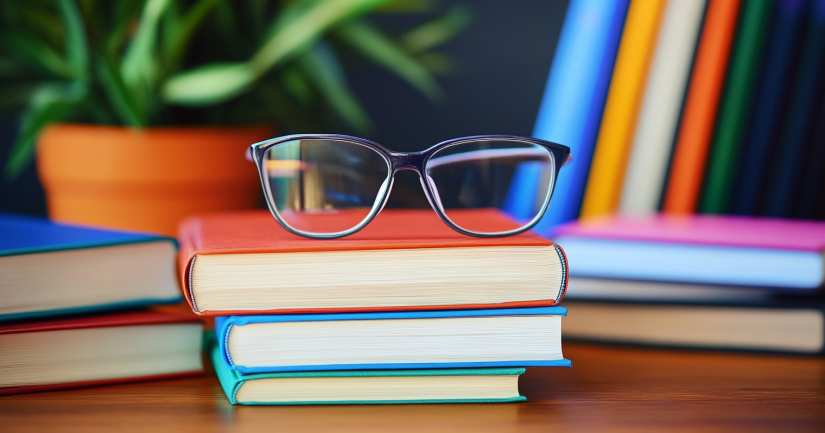
Discover your unique learning strengths and unlock the key to boosting your study habits with this insightful quiz! Are you ready to discover the unique ways you absorb and process information? This engaging quiz will guide you through a series of thought-provoking questions designed to uncover your personal learning style. Whether you thrive in a visual environment, excel through hands-on experiences, or prefer auditory learning, each response will reveal valuable insights about how you learn best.
As you embark on this journey, consider the various aspects of your learning habits. Do you remember things better when you see them? Or do you grasp concepts more effectively when you hear them explained? By reflecting on these questions, you will gain a deeper understanding of your strengths and preferences.Understanding your learning style can empower you. It can enhance your study techniques, improve your retention, and boost your confidence in academic or professional settings. So, grab a pen, find a quiet spot, and let’s dive into this enlightening experience. Your path to becoming a more effective learner starts here!
Learning Strengths – FAQ
Learning strengths refer to the unique abilities and preferences individuals possess that enhance their capacity to acquire knowledge and skills. These strengths can significantly impact education by influencing how students engage with content, process information, and demonstrate understanding. Recognizing and leveraging these strengths can lead to improved academic performance and greater motivation.
Identifying your learning strengths can be achieved through self-reflection, assessments, and feedback from teachers or peers. Consider your preferred learning styles—visual, auditory, or kinesthetic—and pay attention to subjects or tasks where you excel. Additionally, standardized learning assessments can provide insights into your strengths and areas for growth.
No, learning strengths vary from person to person. Each individual has a unique combination of strengths shaped by their experiences, interests, and cognitive abilities. Understanding that these strengths differ allows for personalized learning approaches, which can enhance educational outcomes and foster a more inclusive learning environment.
Educators can support students by creating a differentiated learning environment that recognizes and accommodates diverse learning strengths. This can involve using varied teaching methods, providing choices in assignments, and offering targeted feedback. By fostering an atmosphere of collaboration and encouragement, educators can help students harness their strengths effectively.
Learning strengths play a crucial role in lifelong learning by enabling individuals to adapt to new challenges and environments. Recognizing and building upon these strengths can enhance problem-solving skills and resilience. As individuals encounter new experiences, leveraging their learning strengths can facilitate continuous personal and professional development.
